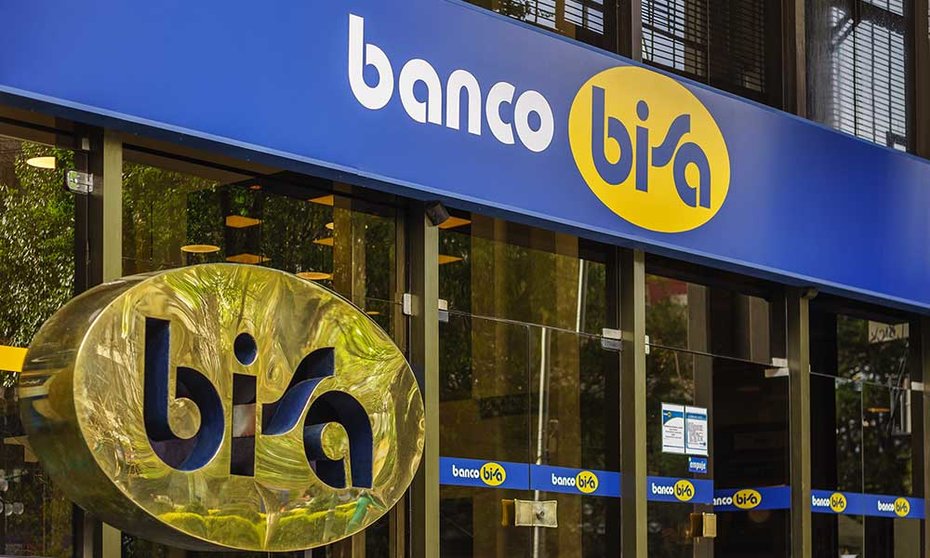
Bolivian bank Bisa has recently launched a custody service for USDT, Tether’s stablecoin. As reported by Economía ED, this initiative allows users to buy, sell, and transfer crypto assets directly through the bank. Many people will likely take advantage of this opportunity to send money to family and make cross-border payments.
Yvette Espinoza, an executive of Bolivia’s Financial System Supervision Authority (ASFI), expressed her support for the bank’s initiative, noting that it will allow clients to conduct crypto transactions in a regulated environment.
“This custodial service will allow clients to perform transactions safely, reducing risks associated with unsafe interactions in the crypto market”.
Franco Urquidi, Bisa’s vice president of business, highlighted that all transactions must be made exclusively through a bank account and stressed the importance of financial education in using virtual assets.
“Our customers go through a comprehensive verification process, providing them peace of mind that their transactions are conducted through secure and reliable channels”.
- We suggest you take a look: Bolivia Lifts Crypto Ban: The Dawn of a New Era.
According to the bank, Tether sales start at 200 USDT, with a daily limit of 10,000 USDT. Fees range from 35 to 100 bolivianos, approximately $5 to $14.50. Additionally, sending transfers to dollar accounts abroad costs 280 bolivianos.
In 2014, Bolivia banned any currency not issued or regulated by the government, explicitly including Bitcoin. This decision, announced by the Central Bank, aimed to protect the national currency and shield citizens from the financial risks posed by unregulated currencies.
However, on June 28, Bolivia changed its course and lifted the BTC ban, urging banks to facilitate crypto transactions. The Central Bank explained that this move was essential to boost the economy and align the country’s regulations with those of other nations in the region.
After the regulatory change, the Central Bank of Bolivia noted an impressive 100% increase in crypto trading activity. Between July and September, monthly crypto transactions averaged $15.6 million.
Further news:
- Mt. Gox has pushed back the repayment deadline to October 2025.
- Vitalik Buterin Converts $1.6 Million in Memecoins to ETH for Charitable Donations.
- Only 7.5% of Citizens in El Salvador Use Bitcoin, Survey Finds.
- PayPal Expands Its Crypto Offering: New Features for Merchants in the U. S.
- More Than 60 New Bitcoin Addresses Holding 1,000 to 10,000 BTC Emerged in 2024.
- Uruguay Passes New Law to Regulate the Crypto Industry.
- Worldcoin Grows in Mexico While Facing Sanctions in Argentina and Global Scrutiny.
- Argentina is now the biggest player in the crypto market in Latin America.
- Switzerland, Dubai, and South Korea: The Best Places for Crypto Business in 2024, According to Social Capital Markets.
Subscribe to the Purse.io Newsletter to stay updated with our weekly insights on Blockchain, e-commerce, and cryptocurrencies. Don’t forget to follow us on X for the latest on Hamza, the first Web3 marketplace powered by the Loadpipe protocol and the LOAD token. This solution is designed to enhance e-commerce with low gas fees, trading freedom, and a wide range of cryptocurrencies.
We’re excited to introduce the Hamza.biz Ambassador Program—a great chance to see how Web3 is changing e-commerce. As an ambassador, you’ll get exclusive access to our private Discord channel, where you can share your ideas and earn gifts and bonuses. Click here to learn more.
- asfi (1)
- bank bisa (1)
- bitcoin (62)
- bolivia (3)
- bolivian central bank (1)
- cross-border payments (4)
- crypto ban (3)
- crypto custody (1)
- crypto regulations (3)
- crypto transactions (1)
- economic boost (1)
- fees (3)
- financial education (3)
- franco urquidi (1)
- regulated environment (1)
- stablecoin (11)
- tether (9)
- transaction limits (1)
- usdt (14)
- yvette espinoza (1)